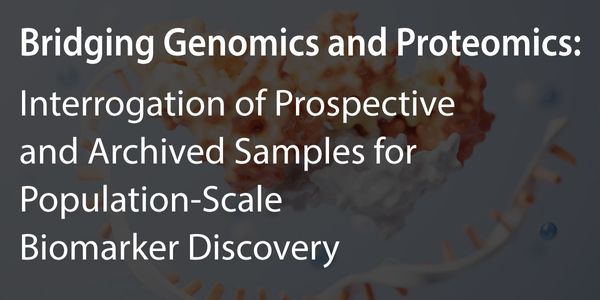Understanding the Germline Development of Human Parasite Schistosoma at Single-cell Level
Schistosomes are parasitic flatworms causing one of the most prevalent infectious diseases from which millions of people are currently suffering. These parasites have very high fecundity and their eggs are both the transmissible agents and the cause of the infection-associated pathology. Given its biomedical significance, the schistosome germline has been a research focus for more than a century. Nonetheless, little is known about the molecular mechanisms that regulate its development. In this talk, I will present our recent progress using single-cell resolved functional genomic analysis to identify the cellular origin of the schistosome germline. We found that, unlike most animals that segregate their germline from soma during embryonic development, schistosomes specify their germ cells from a somatic cell lineage at the onset of juvenile development. In addition, we identify a genetic program that balances proliferation and differentiation of the schistosome germline stem cells. Through single-cell transcriptomic and functional comparisons, we also showed that this germline-specific regulatory program is conserved in the planarian, schistosome's free-living evolutionary cousin, but its function has changed significantly during evolution.






